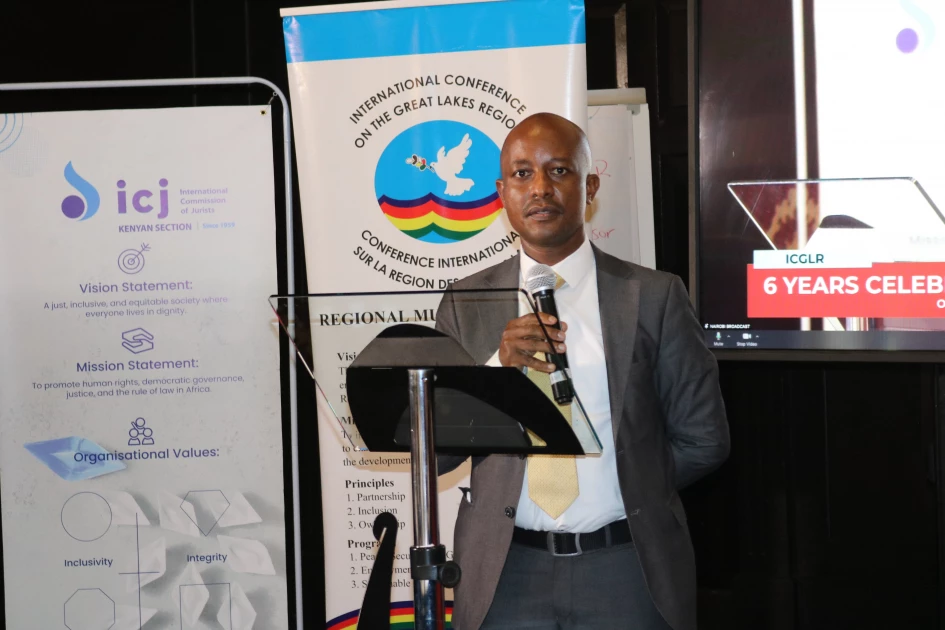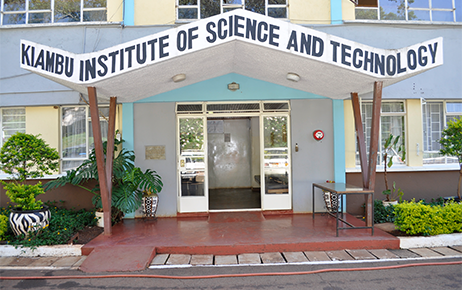As the doctors’ strike in Kenya stretches into its fifteenth day, prospects for a prompt resolution remain bleak, with ongoing concerns about the impact on patients nationwide.
Despite attempts to reach a resolution, the Kenya Medical Practitioners, Pharmacist and Dentists Union (KMPDU) has accused the government of lacking commitment to addressing their grievances. In response, the government has threatened to terminate the employment of doctors who refuse to return to work until a return-to-work agreement is reached.
As stakeholders strategize their next steps, the Kenyan Section of the International Commission of Jurists (ICJ Kenya) has urgently called for a resolution to the health crisis precipitated by the doctors’ strike and the financial strain on the National Health Insurance Fund (NHIF).
Protas Saende, Chairperson of ICJ Kenya Council, has implored all involved parties, including doctors, KMPDU, the Ministry of Health (MOH), the Council of Governors (COG), and various government commissions, to reconvene discussions with a fresh perspective.
“We, as a collective body of jurists, express deep concern over the ongoing doctors’ strike, which is causing immense suffering to a significant portion of the Kenyan populace reliant on public healthcare,” Saende stated. “This nationwide strike has severely disrupted healthcare services in public hospitals, leaving patients who cannot afford private healthcare stranded.”
Key sticking points from the doctors’ side include the implementation of the 2017 Collective Bargaining Agreement (CBA), allocation of medical interns, provision of comprehensive medical insurance, support for postgraduate training, and the recruitment of more doctors.
This strike coincides with the government’s transition from the NHIF to the Social Health Insurance Fund (SHIF), established in 2023.
Health facilities are alarmed by delays in NHIF claim reimbursements, forcing some private facilities to demand out-of-pocket payments from NHIF beneficiaries, a financial burden for many Kenyans.
“Kenya grapples with persistent health sector challenges, including inadequate management of health staff, failure to uphold CBAs leading to recurrent strikes, insufficient health financing for sustainable universal health coverage (UHC), and the absence of a robust social health insurance scheme to shield vulnerable households from crippling healthcare costs,” Saende noted.
The commission of jurists has put forth recommendations to restore normalcy. Notably, the Salaries and Remuneration Commission is urged to ensure fair compensation for healthcare workers, including medical interns, to address the issue of brain drain despite substantial investments in their training.
Furthermore, parties, including national and county governments, are urged to honor all agreements and court orders emanating from negotiations and legal processes.
“We call upon the National Treasury, NHIF, and the Ministry of Health to promptly disburse owed funds to public and private health facilities to ensure beneficiaries receive entitled health insurance coverage,” Saende emphasized.



